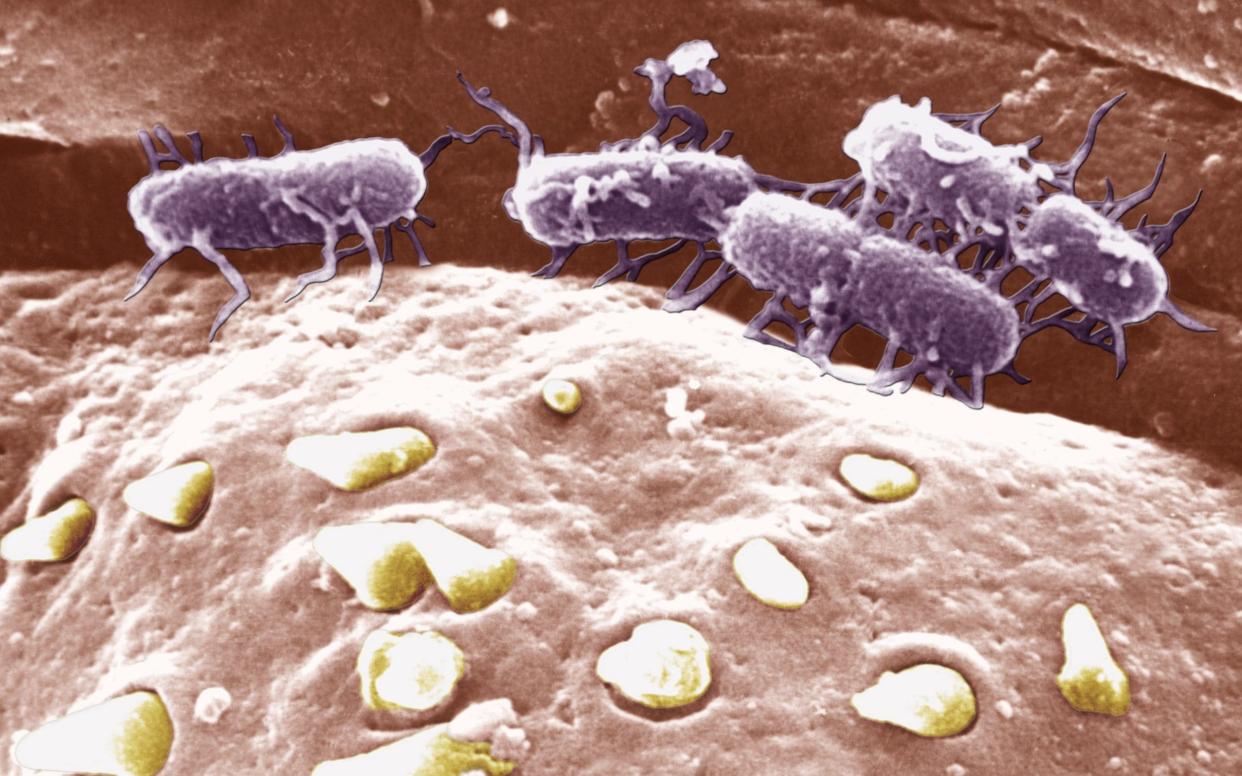Superbugs: New strain of 'highly' drug resistant typhoid detected

Highly drug resistant strains of typhoid fever have been discovered in Bangladesh, raising concerns that antibiotics could be rendered an ineffective treatment for the disease within just a few years.
Each year there are more than 17 million new cases of typhoid, which is a highly contagious disease caused by Salmonella Typhi bacteria. Typhoid spreads through contaminated food and water, and areas with poor sanitation are the worst affected.
While there is a typhoid vaccine, antibiotics are most commonly used to treat the disease, as it is difficult to accurately target a vaccination campaign to protect those most at risk.
The use of antibiotics has helped to ensure that less than one per cent of people who have typhoid fever die.
But if the drugs stop working this could rise to around 15 per cent - causing between three and four million deaths a year - the report published in mBio on Tuesday warned.
“We see resistance arise most where disease is endemic and use of antibiotics is not regulated,” said Prof Hubert Endtz, scientific director at Mérieux Foundation and professor of tropical bacteriology at Erasmus University Medical Center.
“If we go back to the pre-antibiotic era, we could be talking about up to four million deaths a year in the worst case scenario," he added.

The discovery follows an outbreak of “extensively drug resistant” typhoid in Pakistan, where more than 850 cases have been identified.
But the study - from a team of scientists from the Mérieux Foundation, the Child Health Research Foundation and Applied Maths - found that, despite some similarities, the strains of drug resistant typhoid discovered in Bangladesh developed independently from those found in Pakistan.
“We found no evidence of dissemination from Pakistan,” said Prof Endtz. “This is worrying, as multi-source outbreaks of resistance are much harder to contain than single source outbreaks.”
Drug resistant typhoid is not new - it has been reported since antibiotics were developed to treat the disease following World War Two. But the presence of “extremely drug resistant” typhoid fever in Bangladesh suggests that the problem of drug resistance is more prevalent than previously thought.
“We’re not far from an armageddon,” said Prof Endzt. “I think the only intervention that will work is improving access to clean drinking water and hygiene and sanitation and accelerating vaccination campaigns. We don’t have time to develop new drugs - that option is out.”

Protect yourself and your family by learning more about Global Health Security

 Yahoo News
Yahoo News 
